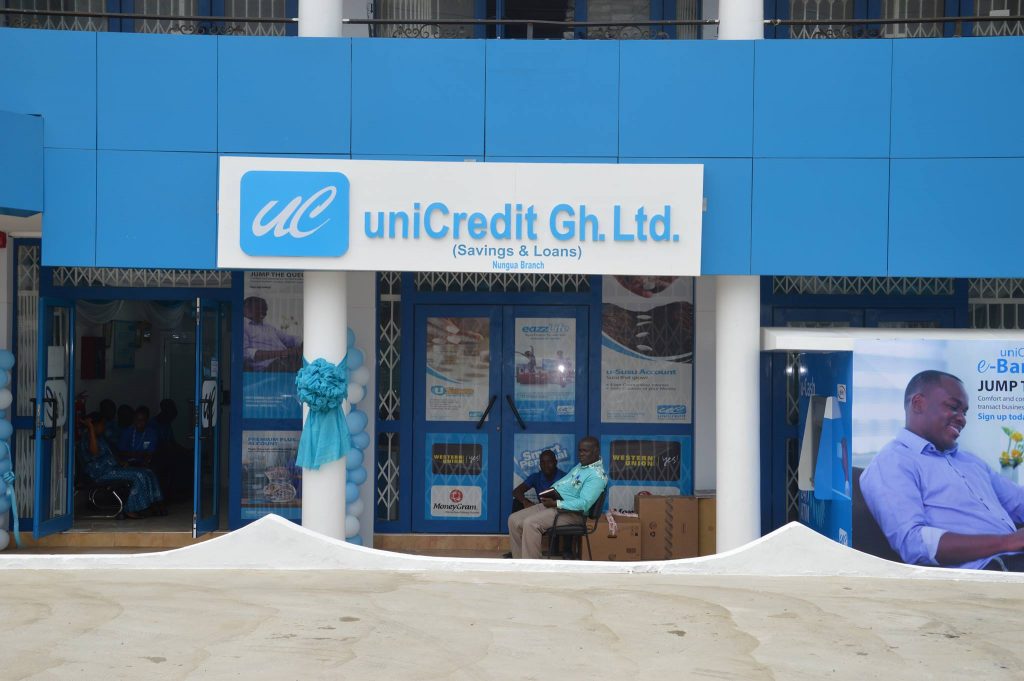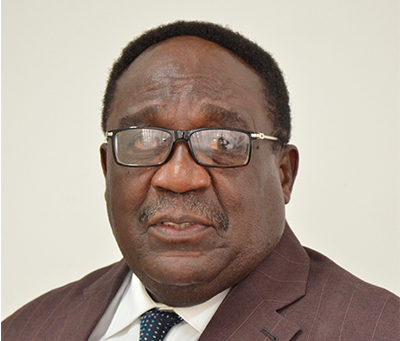
Addressing the Africa Oil and Power Conference in Cape Town, South Africa, Mr Mould said the move would involve nurturing strong and financially independent National Oil Companies (NOCs), improving the management of power utilities and ensuring the financial viability of the power sector.
“It will also involve setting the right tariff, whilst creating the necessary social safety nets for the extreme poor and, indeed, public sanitisation on energy efficiency,” Mr Mould said in a statement issued to the Ghana News Agency by the GNPC.
The maiden edition of the Africa Oil and Power Conference was on the theme, “A Continent of Abundant Resources Yet Lagging in Many areas of Development.”
He said Africa had substantial oil and gas reserves – more than 130 billion barrels and over 500 trillion cubic feet, respectively – yet it had the lowest usage rate of modern forms of energy.
Mr Mould said Africa had for decades exported oil to the rest of the world.
“Today, the continent contributes about 10 per cent of global oil supply, and it is fast becoming a major source of natural gas supply to the world with West and East Africa, leading the charge,” he said. “Nigeria, Algeria and Equatorial Guinea are among the top 15 of the world’s largest Liquefied Natural Gas (LNG) exporters.”
He said the continent had approximately 30 per cent of the earth’s remaining mineral resources, yet it had only a few refineries to add value.
“Africa has the largest deposits of diamonds, yet it was only in November 2013 that Botswana managed to move the trade of its diamonds to Gaborone,” he said.
The Chief Executive said the continent had enormous power potential – from hydro, to solar, to wind, to thermal and geothermal – yet it remained the least in electricity connectivity.
On a continental level, this would also require cross-country cooperation and collaboration among all public and private actors, he said.
Mr Mould said each of the sub-regions of sub-Saharan Africa should, therefore, have a regional Power Pool towards that goal.
He said such collaboration in West Africa, though challenging at this moment, held the promise to pool gas resources and energy investments from the region, and provide regional energy security.
Mr Mould said, in Ghana, the Government was tackling this through a number of ways such as setting cost-reflective tariff, reforming the power utilities and creating a sector-wide cash waterfall to ensure that revenues from the sector were allocated to various entities in the value chain in line with their value addition.
He said this was an opportunity for the private sector to join the governments and NOCs of Africa to bridge the financing gap in the oil and gas sectors.
“Another challenge for African countries, as we seek to leverage the energy resources, is making sure that much of the value created in the sectors stays within the continent,” he said.
“This is where local content comes in.”
Mr Mould said by some estimates, there were over 500 oil companies that participated in Africa’s hydrocarbon exploration and production; of which most of them were foreign companies.
“Africa is endowed with enormous resources,” he said. “It is a sad reality that we have not transformed those endowments into wealth and prosperity. We must be the ones who break this jinx.”
He said Ghana had a local content policy framework, which guided the Ghana Petroleum (Local Content and Local Participation) Regulations, 2013 (L.I.2204).
“We need to change the local content paradigm in our oil and power sectors. Local content is not a charity by International Oil Companies (IOCs). It is not protectionism by us as resource owners,” he said.
Mr Mould explained that at GNPC, local content development was a key pillar of Ghana’s strategy; adding that, “We are leading the creation of an ecosystem of indigenous Ghanaian oil and gas companies that will be the backbone of our industry in the country”.
GNA



















